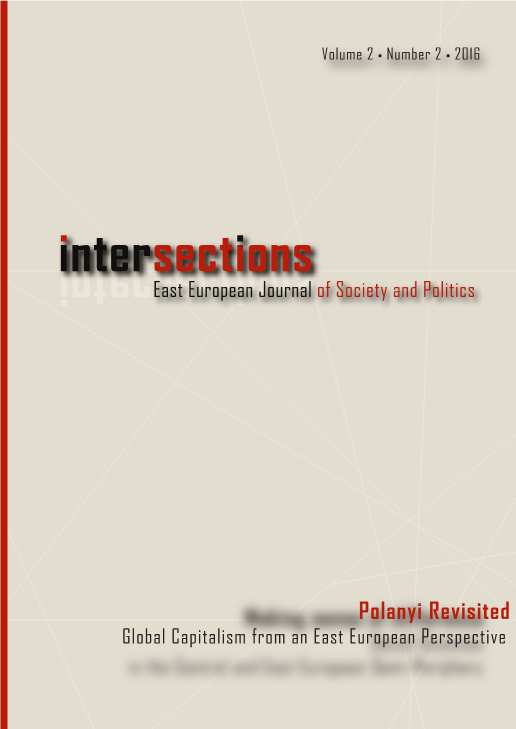Empires of Conquest and Civilization in Georgian Political and Intellectual Discourse since Late Nineteenth Century
Empires of Conquest and Civilization in Georgian Political and Intellectual Discourse since Late Nineteenth Century
Author(s): Adrian BriskuSubject(s): Political history, 19th Century
Published by: MTA Társadalomtudományi Kutatóközpont Kisebbsegkutató Intézet
Keywords: empire; russian state; EU; hegemony; nation-state; Georgian intellectual and political discourse
Summary/Abstract: This paper explores understandings of the concept of empire in Georgian political intellectual discourses in the pre-Soviet, Soviet and post-Soviet Georgian contexts. Beginning with an elaboration of contemporary political and scholarly understanding of empire, the paper then – drawing on the approaches of intellectual and transnational history – distils two meanings: empire of conquest and of civilisation. Both meanings are mainly attributed to the Russian State in its political incarnations as an empire, as the fulcrum of the Soviet Union and more recently as an entity in search of a Eurasian Union. The paper argues that while for most of the nineteenth century, the concept of empire embodied by the Russia state was invested with both meanings, particularly by the end of the Soviet period, it came to be singularised to that of conquest. More generally, it suggests that in contemporary context in which empire as a political entity is discredited morally and legally, it is easier to detect political entities when they act as empires of conquest as opposed to those in the name of civilisation or other universalising values.
Journal: Intersections. East European Journal of Society and Politics
- Issue Year: 2/2016
- Issue No: 2
- Page Range: 104-123
- Page Count: 20
- Language: English

